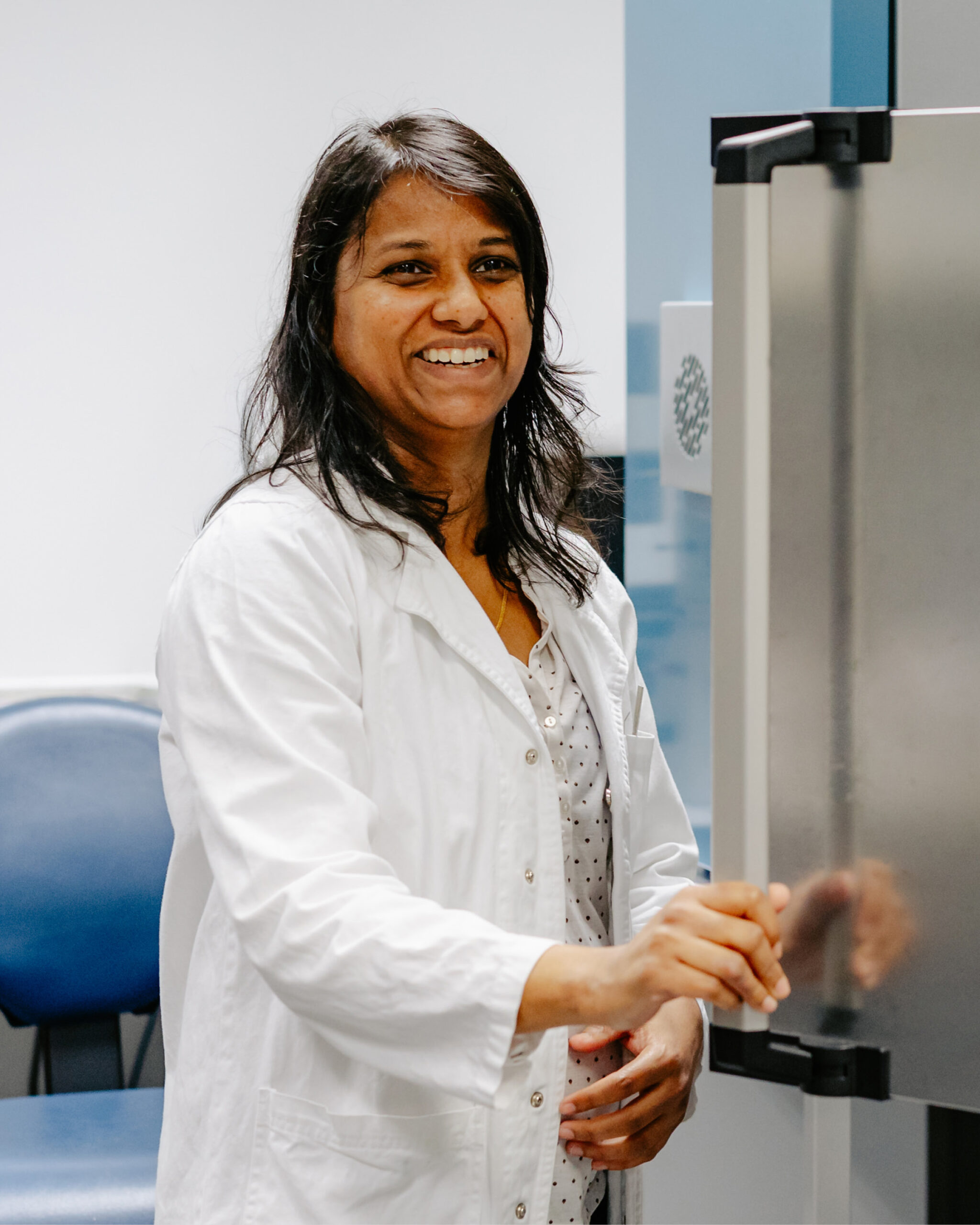Top award for researcher formulating new drugs.
University of Auckland’s Dr Mahima Bansal has won a prestigious national award for her work formulating drugs to help people recover from spinal cord injuries.
Medicines New Zealand presented this year’s Innovation Jump Start Award worth $30,000 to Dr Mahima Bansal at a ceremony at the Great Hall of Parliament this month.
Bansal demonstrated her ability to develop effective methods for delivering medicines to patients in her post-doctoral research on LSD microdosing for depression.
The microdosing medication had been so unstable it degraded within a month at room temperature, a problem that would push up medication costs. Bansal found a way to make the drug last for 18 months.
Bansal grew up in India and gained her Bachelor of Pharmacy there, before moving to New Zealand in 2012, where she gained a masters and PhD in pharmaceutical sciences from Waipapa Taumata Rau.
She is now pharmaceutical lead in a research group led by Professor Darren Svirskis, director of the CatWalk Cure Programme, which aims to develop treatments for people with spinal cord injuries.
Spinal cord injuries can sever connections between the spine and brain, sometimes leaving people paralysed from the neck or waist down. Some lose the ability to walk, feed themselves, control their bowel and bladder, and sexual functioning.
Mahima is developing a formulation to deliver growth factors or other small molecules that could help restore connections between the brain and spinal cord that have been damaged by injury.
Growth factors have shown promise in promoting nerve regeneration, but they are large molecules that don’t easily penetrate human tissue and degrade quickly at room temperature.
Over the next two years, the research team plans to test the drug Bansal formulates on rats. If it helps repair spinal cord injuries in the animal trials, human clinical trials could be next.
While this drug is likely to be helpful primarily for people with recent injuries, Bansal plans to investigate if the same method can be used to deliver other drugs that might restore function for people with injuries that occurred more than six months ago.

New Zealand has one of the highest rates of spinal cord injuries in the world, with 261 cases in 2023. Falls and vehicle accidents are the biggest causes, and the average cost of care for each high-level tetraplegic is $212,000 a year.
Bansal has connected with people with spinal cord injuries through the CatWalk Cure Programme and would love to be able to formulate a drug that reduces their life-long disabilities.
Medicines NZ presented two awards this year, both to University of Auckland researchers. Professor Peter Browett was the recipient of the Excellence in Innovative Medicines Research Award for his work testing new treatments for blood cancers. See more.
Read the original University of Auckland press release here.
Make a difference, today.
Thank you.
